I look at gatekeeping aspects in higher education and particular professions, specifically looking at my own profession, as the Society of Actuaries announces upcoming changes to the pathway to the Fellowship credential (which I have). Also, I consider research and advocacy from the Brookings Institute on restrictions in college majors. I did throw in sumo (because I always throw in sumo when I can), but also for a strong contrast to these other professions: “tournament” professions are much more brutal in “gatekeeping”.
Episode Links
Brookings on Major Restrictions
Restricted access to lucrative college majors harms underrepresented students most
Major restriction policies take one of three common forms at American universities:
In-major mechanical restrictions require students to achieve a GPA in the major’s introductory courses above a minimum threshold;
Overall mechanical restrictions require students to achieve an overall GPA in their first year or two of college above a certain threshold; and
Discretionary restrictions require students to submit a competitive application to the department; what criteria departments use to review the applications varies and is often not transparent.
A tiny number of majors are only available to students directly admitted into the programs from high school, which is a popular policy internationally but rare in the U.S. All other departments are considered unrestricted.
Society of Actuaries on Upcoming Exam System Changes
Volokh Conspiracy on NextGen Bar Exam
NextGen Bar Exam MC Questions Only Require Takers To Spot Issues, And Not Apply the Rules
I worry that these questions are far too simple. If the states end up adopting the NextGen exam, they should increase the cut score (the relevant percentage needed to pass the exam). Finally, I worry how this exam will trickle down to law school pedagogy. Will professors shift their coverage to no longer require memorizing and applying the rules–only spotting issues? It's true that all lawyers have sophisticated tools at their disposal to research different topics. This new format seems to be a surrender to this technology–don't require students to do what they don't have to. I, for one, do not plan to change how I teach for this exam. And state supreme court justices should take a very long pause before adopting this new exam.
A Former Law Examiner Comments On the NextGen Bar Exam
In my view, the UBE, and the *** Supreme Court through its adoption, dropped the standard of "minimal competence" to an alarming level. I could not, in good conscience, continue to serve and resigned. The NextGen Bar Exam represents the complete abandonment of competence as a standard. I sincerely hope that the *** Supreme Court does not adopt it. Unfortunately, they will probably blindly defer to the "experts" at the NCBE.
Even since *** adopted the UBE, I have been hoping that it would not prove to be the disaster for professional competence that I feared it would. And while the jury is still out on that point, the NCBE now wants to do away with any testing of the applicants' abilities to apply the facts to the law. Any state that adopts the NextGen bar exam will have abandoned its professional obligation to ensure that new lawyers are minimally competent.
Sumo!
Newest ozeki Hoshoryu (currently 24 years old, 313 pounds (142kg), 6’2 inches (188 cm) tall).
He started looking like this at age 15, and didn’t show up in the banzuke until age 18.
According to sumoDB, his initial stats weighing-in at age 18: 185 cm (almost 6’1”) and 107 kg (236 pounds - which is a lot more than the picture below)
Most of the sumo wrestlers do enter fairly small. Some never get very large, actually, because in each sumo stable, the top-ranked wrestlers eat first. The lowest get their chanko-nabe last.


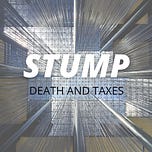




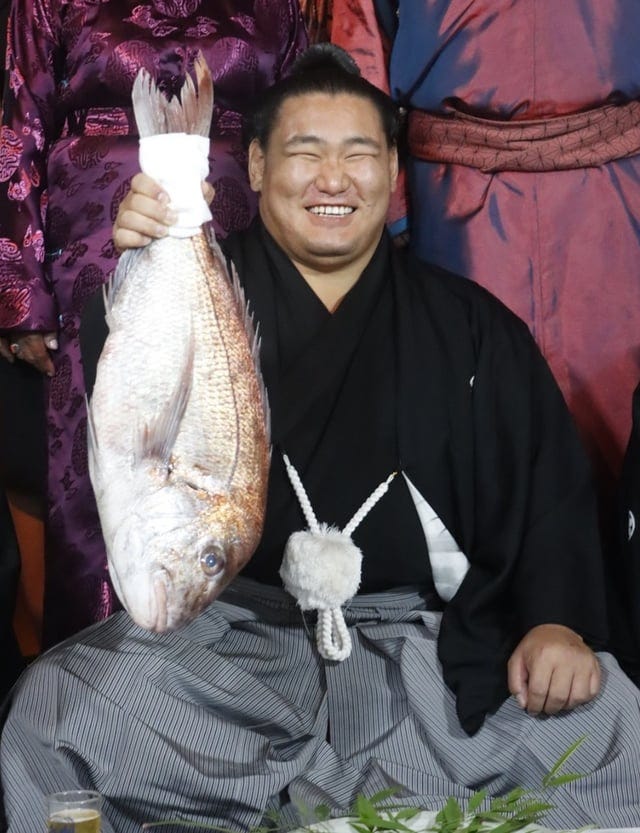
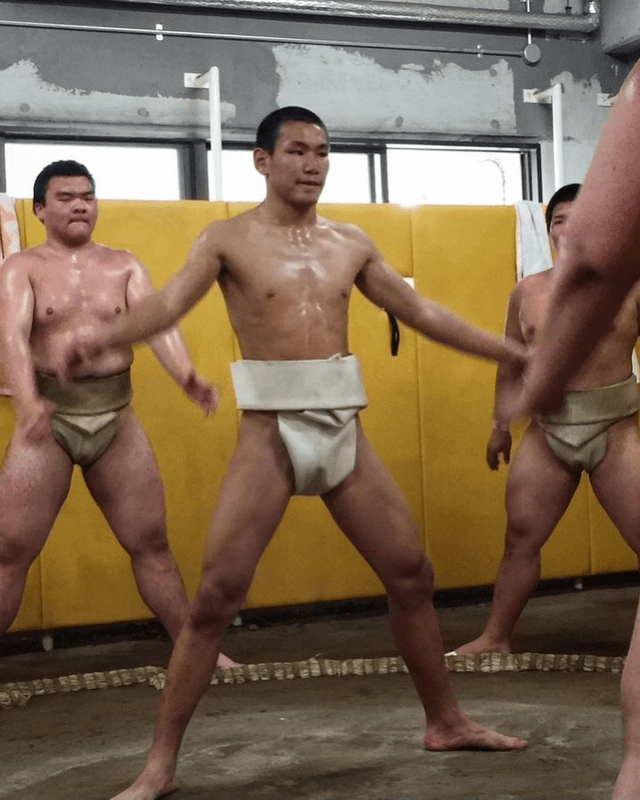


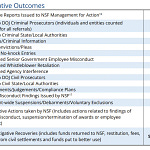

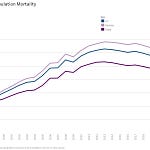




Share this post